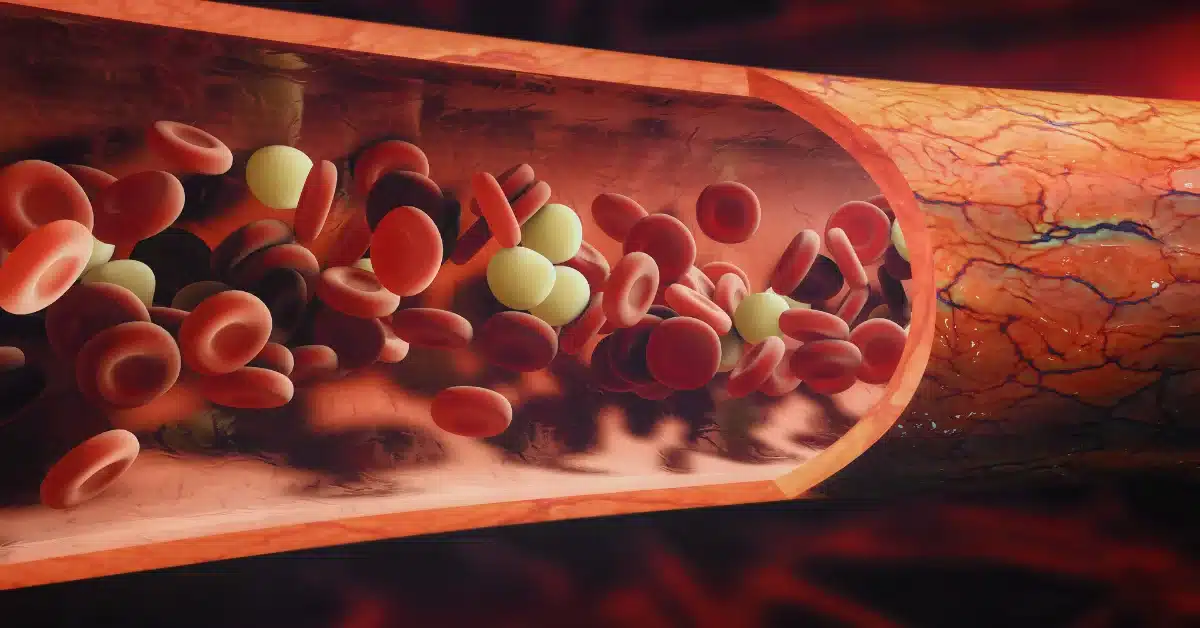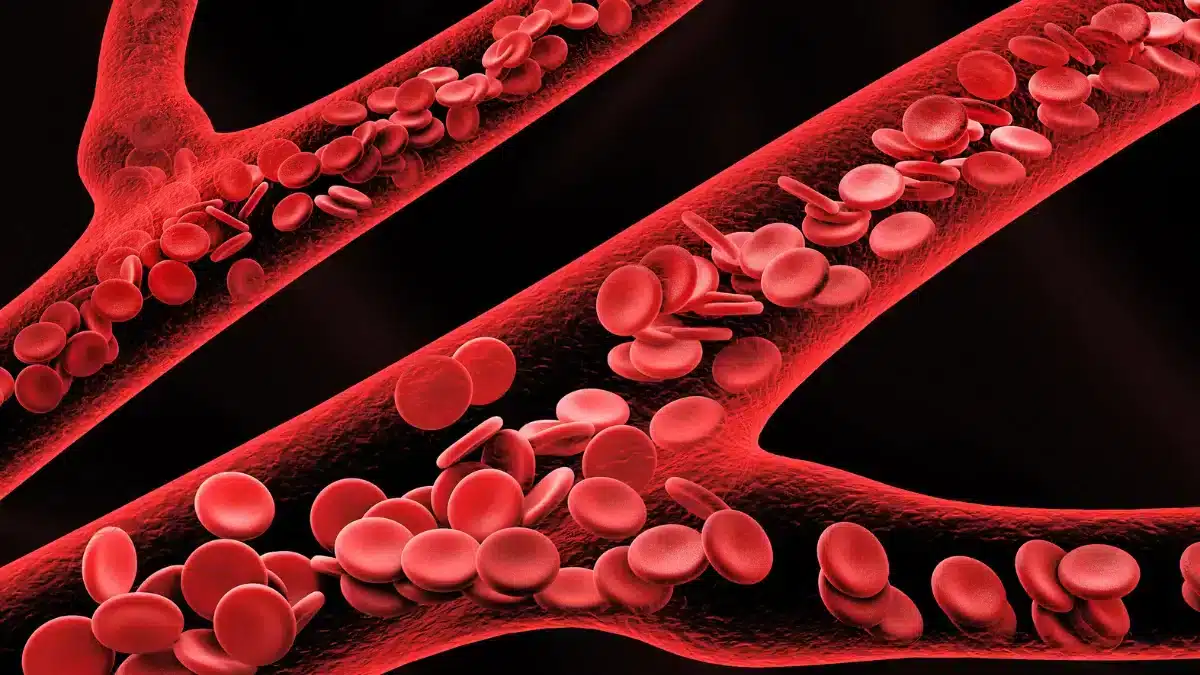Casgevy for Sickle Cell Disease and Beta-Thalassaemia: A Major Milestone in Gene Editing Technology
On December 08, 2023, the U.S. Food and Drug Administration approved Casgevy for treating Sickle Cell Disease (SDC).
As per the American Society of Hematology, Sickle Cell Disease is a group of hereditary blood disorders recognized to affect up to 70,000 to 100,000 Americans.
The next month, on January 16, 2024, the U.S. FDA approved Casgevy for treating transfusion-dependent Beta-Thalassaemia.
??-Thalassaemia is caused by the mutation in the ??-gobin gene leading to reduced production of Hemoglobin (Hb).
As per the Boston Children’s Hospital, nearly 300 million people worldwide have the Thalassaemia trait, and almost 100,000 people have transfusion-dependent Thalassaemia.
It means the patient required a lifelong RBC transfusion to survive.
With a huge number of affected individuals, accessing bone marrow transplants for every person was itself a challenge. Thus, SDC and ??-Thalassaemia required a more convenient treatment.
Casgevy, also known as Exagamglogene Autotemcel, is an FDA-approved first gene editing therapy utilizing Clustered, Regularly Interspaced Short Palindromic Repeats (CRISPR).
It is a cell-based gene therapy used to treat SCD and ??-Thalassaemia in people aged 12 or above.
The following table briefly illustrates the information about Casgevy:
| Brand name | Casgevy |
|---|---|
| Another name | Exagamglogene Autotemcel |
| Administration | Intravenous |
| Indications | FDA-approved for people ages 12 or above |
| Contraindications | Should not be given to people with HIV |
| Side effects | Mouth and gastrointestinal inflammation, less appetite, fever |
The blood disease starts with a mutation in the Haemoglobin (Hb), an essential protein found in the RBC that facilitates oxygen transport to body tissues.
There are several Hb versions in the human body, including fetal Hb. It is produced during fetal development and most efficiently carries Oxygen molecules. When growing, its production is often limited or switched off with a protein BCL11A, instructing the production of more adult Hb.
In SCD and Thalassaemia, a mutation occurs in the adult Hb, resulting in reduced levels of Hb and making it difficult to transport Oxygen.

The mutation in the adult Hb changes the red blood cell shape from a normal biconcave disk to a crescent or sickle-like shape in SDC.
These sickled red blood cells restrict blood flow and limit oxygen transport to the body tissues, causing premature death of red blood cells.
Biconcave RBC has a greater surface area, allowing more Hb to be stored in the cell and carrying more Oxygen transport to body tissues.
One Hb molecule can carry 4 Oxygen molecules.
Further, it causes severe pain and organ damage due to lack of Oxygen, also recognized as a Vaso-occlusive Crisis or Event (VOE).
The recurrence of VOE can cause severe damage to certain body organs, including the liver, kidney, heart, and eyes, and lead to a life-threatening problem.
In the case of Thalassaemia, the mutation results in reduced production of Hb and leads to severe Anemia in people.
Casgevy, on the other hand, modifies a person’s Haemopoietic (blood) stem cells using CRISPR/Cas9 technology- a Nobel prize-winning technology.
The technology can boost the production of fetal Hb by modifying gene BCL11A and reducing its activity. Thus, the production of more fetal Hb.
The treatment starts by collecting a patient’s blood stem cells.
Then, the technology is utilized to cut the DNA strands at targeted sites, enabling them to edit accurately.
The modified blood stem cells are then transplanted into the host body.
They must be engrafted (implanted and multiplied) into the patient’s bone marrow to increase the production of fetal Hb.
However, the treatment may cause some side effects in people reported as per clinical trials, including:

- Low appetite
- Low count of other blood cells, including RBC, WBC, and platelets
- Inflammation of mucus membranes in the gastrointestinal and mouth region
- Low count of immune neutrophils
- Fever
- Allergic reactions
Also, certain risks are associated with Casgevy while editing DNA, such as cutting unintended or untargeted DNA stretches and causing unintentional gene editing.
Further, there is no pre-clinical data on using Casgevy during pregnancy or breastfeeding. Thus, pregnant women must avoid this treatment.
Though there are no listed contraindications on who should not take Casgevy for treatment, it should not be prescribed to patients with Human Immunodeficiency Virus (HIV), Hepatitis B, or Hepatitis C infections.
People must consult a healthcare practitioner and seek a medical diagnosis of other ailments before administering Casgevy treatment.
However, Casgevy may not be accessible to every people.
As per the American Academy of Family Physicians, the cost of Casgevy for a single course of treatment is anticipated to be around $2.2 million.
With a huge population of affected people, how many people can afford the high cost of Casgevy still needs to be determined.
